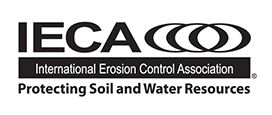By Thomas Schneider, CPESC
In the first article of this series, the importance of sampling to evaluate the progress of the MS4 program and to ensure the money you spend on education and outreach is used efficiently was discussed. Once sampling has helped identify the specific issue and location, it is important to accurately identify the target audience for education.
There are usually three groups that can be targeted for education within the MS4. The MS4’s cost to educate and ability to influence each of these groups is different. Recognizing this constraint will allow the MS4 to lower cost and provide a more effective education program.
1) Citizens
Citizens are the people that live within the MS4. The MS4 has little control over the education of this group but in most cases must bear the cost of educating this group. First, citizens need to be made aware of an issue. Once that is accomplished, the MS4 must create educational content that will teach the citizen why they need to do something about the problem. Once this is accomplished, the MS4 can then provide education about how to correct the problem. Without citizens’ buy-in, education efforts have little chance of creating change.
2) MS4 Employees
The MS4 has control over what education this group receives and must also bear the cost of the education. Buy-in is also important with this group, but the MS4 can require training and test to ensure comprehension. This group includes people who perform many different services within the MS4, which necessitates different content for each MS4 employee group. A one-size-fits-all approach is not the best way to educate employees. Parks department employees’ educational needs are different from the stormwater education needed by the water department employee. Parks department staff applies fertilizers and other chemicals to keep the parks beautiful, and water department staff repair breaks in water lines, which requires excavation and pumping so they can fix the broken pipe. Employees are a difficult group to educate due to the many services the MS4 provides to citizens. In addition to providing an overview of MS4 issues, effective employee training must include information relevant to each service group.
3) Regulated Community
This group is required, by the MS4, to obtain a permit from the MS4, a certificate of occupancy, a building permit, fire code inspection and more. This is the easiest and least expensive group to educate. Municipalities require electricians working within the MS4 to be licensed. Food service certifications are required for restaurant employees, irrigation contractors must be licensed or certified and attorneys must pass the bar prior to practicing law. All of the regulatory requirements demonstrate that they possess an adequate level of knowledge about the activity they wish to perform in the MS4.
The MS4 can require the regulated group to educate themselves about pollutants they might discharge into the MS4 and how to control them. There are too many types of services provided by these groups to the citizens of the MS4 and too many types of products manufactured. An MS4 might be able to create and provide training for each of these activities, but it requires an unnecessary expenditure of time and money. The MS4 can simply require the regulated entity to maintain a certified individual onsite. The MS4 can have an education and outreach program for this group but does not take on the expense or responsibility of the education.
The final article in this series will discuss the issues with selecting the correct certification for your MS4 and the differences between certificates and certifications.
About the Expert
Thomas Schneider CPESC, is vice president at Stormcon, LLC. He has 28 years of experience and extensive training in storm water regulations focusing on construction site erosion and sediment control. He works directly with local, state and federal agencies as well as working one-on-one with clients to develop and implement storm water programs that will fit their needs.
[Editor’s Note: This is the second in a series of three articles that discuss practical issues and solutions related to the Municipal Separate Storm Sewer System (MS4) permitting program. While MS4 is a United States-based program designed to control water pollution, strategies used to meet permit requirements can be applied to storm sewer system operators in any location to support clean water efforts.]







